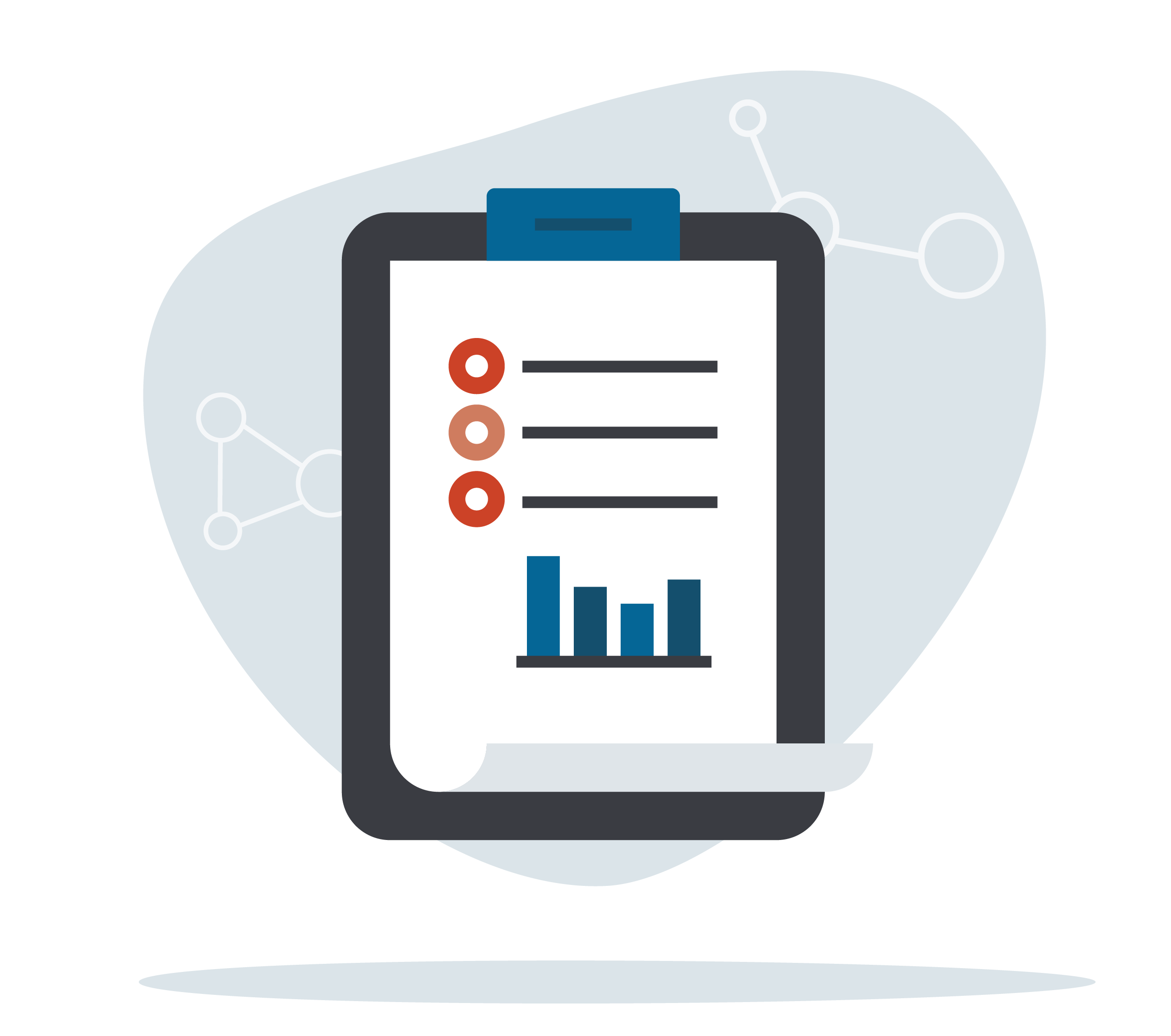
Cohort at a Glance
RECRUITMENT OF CARRS COHORT
CARRS-1
In 2010-11, 12,271 adults ages 20 and older (CARRS-1) were recruited to achieve a representative sample of residents of Delhi and Chennai
CARRS-2
In 2015-16, an independent sample of 9,593 adults ages 20 and older (CARRS-2) were recruited in the same cities using identical recruiting methods.
P-CARRS
In 2022-2027, 14,000 participants recruited in CARRS-1 and CARRS-2 will participate in Precision-CARRS.
The cohort had high participation rates at recruitment (~ 90% in both waves and both cities).
Baseline analyses of CARRS-1 and CARRS-2 provide point-in-time insights on prevalence of cardiometabolic conditions and their risk factors in 2010 and 2015, respectively.
BIOREPOSITORY
The cohorts are geo-coded and participant biospecimens at baseline and follow-up are deposited in a biorepository for ongoing analyses.
At baseline, 10,205 of CARRS-1 and 9,070 of CARRS-2 participants provided biospecimens.
The biorepository has grown to over 360,000 aliquots of sera, plasma, buffy coat, and urine samples. The biorepository is housed at our accredited institutional lab in India for ongoing investigations.

FOLLOW-UP
CARRS participants have been followed for over 10 years for development of atherosclerotic cardiovascular disease (ASCVD) risk factors, clinical disease, and deaths, with ~96,000 person-years (CARRS-1 and -2 combined) accrued thus far.
Both cohorts are being followed prospectively as parallel cohorts. Overall, 85% of participants respond at annual follow-ups; 98% have been followed up at least once in Delhi and 95% have been followed up at least once in Chennai over 10 years.
CARRS-1 has completed five follow-up assessments after the baseline visit.
CARRS-2 has completed one follow-up assessment after the baseline visit.
Due to the COVID-19 pandemic, the 6th follow-up of CARRS-1 and the 2nd follow-up of CARRS-2 were conducted through a hybrid approach: telephonically between October and December 2020 with selective in-person follow-up. In total, 88% of the cohort was surveyed during this round.
A mixed-methods study of a sample of CARRS Cohort participants was also done to assess the health, psychosocial, and economic impacts of the COVID-19 pandemic on people living with chronic conditions.
Initially, Precision-CARRS will complete one follow-up assessment from the baseline visit.


